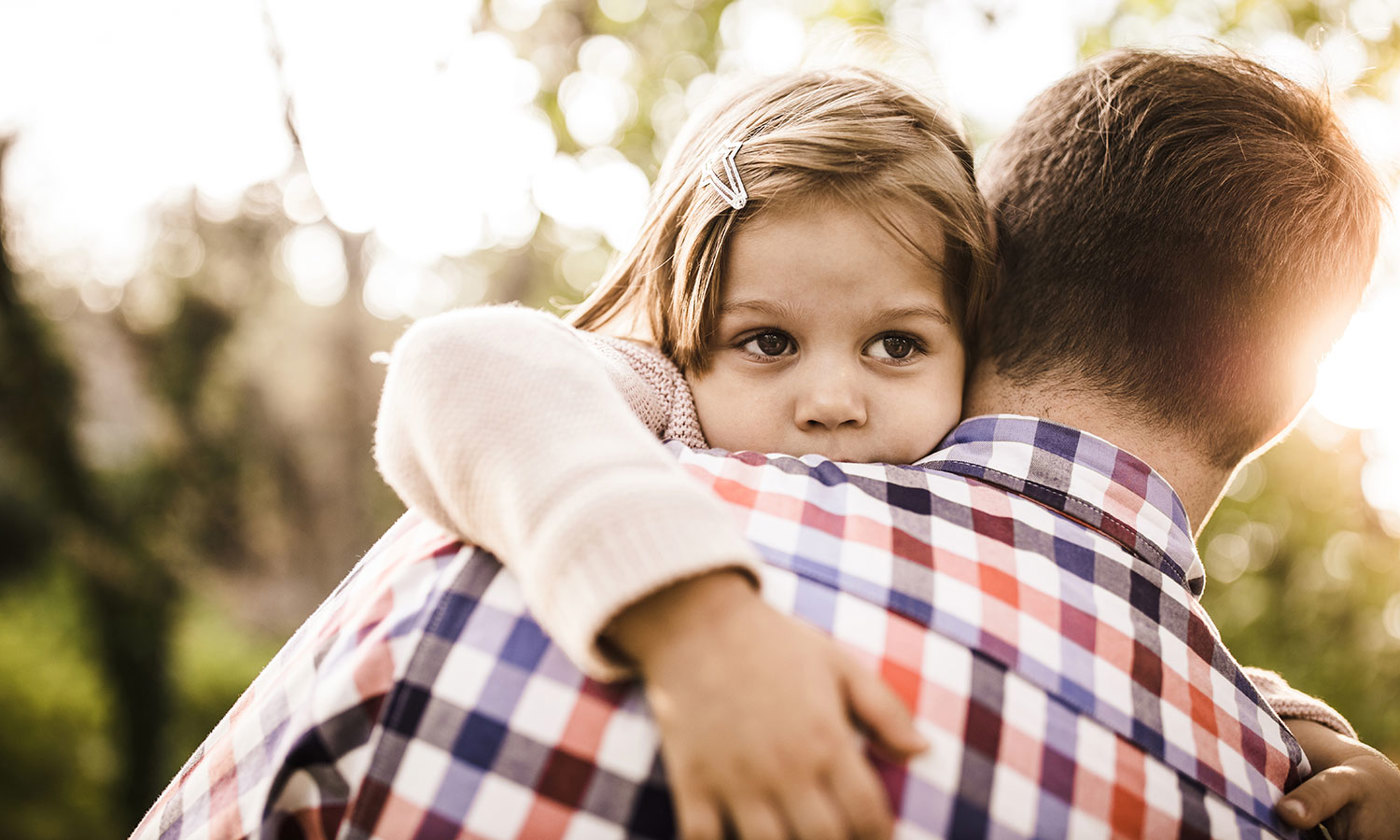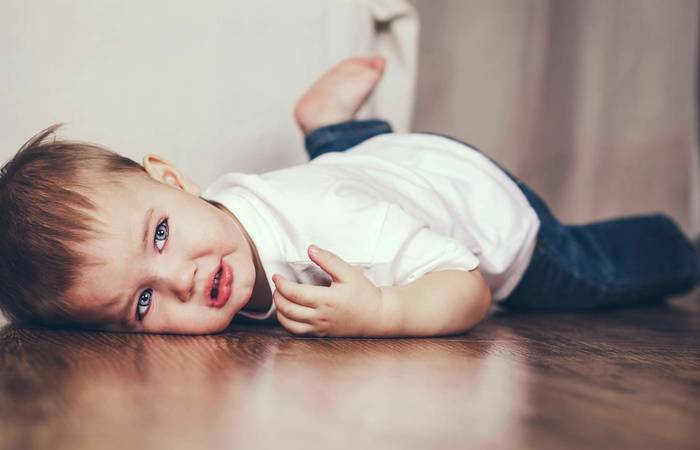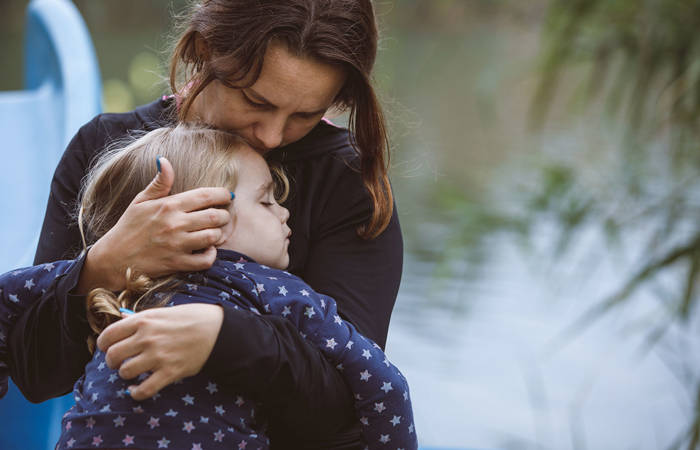Like what you see?
Sign up to receive more free parenting advice.
Thank you for subscribing to our newsletter!
Child Development

Credit: iStock.com/skynesher
Dr Justin Coulson is a three-time bestselling author, a TEDx speaker, and one of Australia's most popular relationships and parenting experts. In this article he explains why our little ones have big feelings.
All parents know those dreadful moments when our children seemingly lose all control over their emotions, resulting in big tantrums.
To help parents understand these situations better, I want to explore the developmental realities that we are up against that are the root of their big feelings.
1. They can’t use their words
Just above our left ear the part of our brain is called our left temporal parietal lobe. This is where all our speech and language is located.
When a child starts to get emotional, the blood that keeps the neurotransmitters firing in this part of the brain disappears from there and goes into the middle of the brain, the limbic system, which is the emotional core of the brain.
When our children don’t express what their emotions are about, we often demand “use your words!” Yet, the blood has rushed into the emotional core of their brain, so the neurotransmitters don’t work as efficiently in their speech and language centre and no words can be formed.
You may even have experienced this as an adult: “I am so worked up right now I don’t even know what to say!” When emotions run high, words often seem to fail us.
2. They have limited capacity for regulating their emotions
The front part of the brain, the prefrontal cortex is helping us to think, plan, strategise and, importantly, regulate our emotions. As a child, this part of our brain is really underdeveloped.
Children begin to be able to use this part of their brain at about the age of two or three. Only at around the age of eight or nine is when this part of our brain is fully developed.
With blood rushing from both the temporal parietal lobe and the prefrontal cortex into the limbic system when feelings are running high, our children struggle to regulate their emotions.
They can’t regulate their behaviours. As a consequence of not being able to regulate their emotions, children struggle to regulate their behaviour.
Even as an adult we still run into this often when we feel really emotional that we struggle to control our actions.
3. Theory of mind
Theory of mind is a fancy psychological term that simply describes the ability to see something from someone else’s perspective.
Here is the great challenge: your little children do not have theory if mind until about the age of five, with some recent research even suggesting it might be six or seven. Up until then it’s all about ego.
For example, you may have noticed that young children are often not particularly good at sharing.
From a developmental point of view, that’s completely normal and appropriate, as they don’t have theory of mind. They see something, they want it, and they don’t understand that another person may also have an agenda for this thing.
As a consequence of not being able to regulate their emotions, children struggle to regulate their behaviour.Dr Justin Coulson
Stay up to date with the latest news and articles from First Five Years
Thank you for subscribing to our newsletter!
How to restore calm
Understanding what happens in our children’s brains when emotions get the better of them is important for us, it lets us see perspective.
However, it doesn’t solve the tantrum. So, let’s explore three strategies to help you restore calm.
1. Watch for triggers
If your children are struggling, consider HALTS – Hunger, Anger, Loneliness, Tiredness and Stress.
When was the last time they ate? Is there anything around them that might make them angry or upset? Are they feeling lonely? Tired? Sick?
Any of these can make the difference between your child holding it together and them absolutely falling apart.
To set our children up for success, we must watch for triggers and keep them low by ensuring their basic needs are met.
2. Offer distraction
Distractions are a great way to navigate the ups and downs and forget the hard stuff that brought on the emotions in the first place.
Sing a song, play a game, watch the cows out the window when you’re driving… Anything can be a distraction in the moment, be creative!
3. Give them in fantasy what they can’t have in reality
Next time your little one begs for something they can’t have, for instance a lolly at the supermarket, try to give it to them in fantasy rather than “for real”.
What sounds like a neat magic trick is really quite simple.
Play along but set clear boundaries: “Wouldn’t it be amazing if…” “Don’t you just wish that…”
Phrases like this make clear that these things are absolutely not going to happen – but they do it in a kind, gentle and compassionate way that pulls your child into the boundary settings.
“If you could pick one lolly, which one would you pick?”
“Imagine if the lolly was as big was my whole hand? As big as our entire shopping trolley? So big we would have to tie it to the roof of our car?”
By the time the fantasy ends, you paid for your shopping are back in your car and well on your way home.
When we give someone in fantasy what they can’t have in reality, we recognise that emotionally they are about to become fragile.
When we demonstrate that we see what they want and understand it, it helps them to feel safe and secure, we can play with the idea and distract them and carry on with what we are doing.







